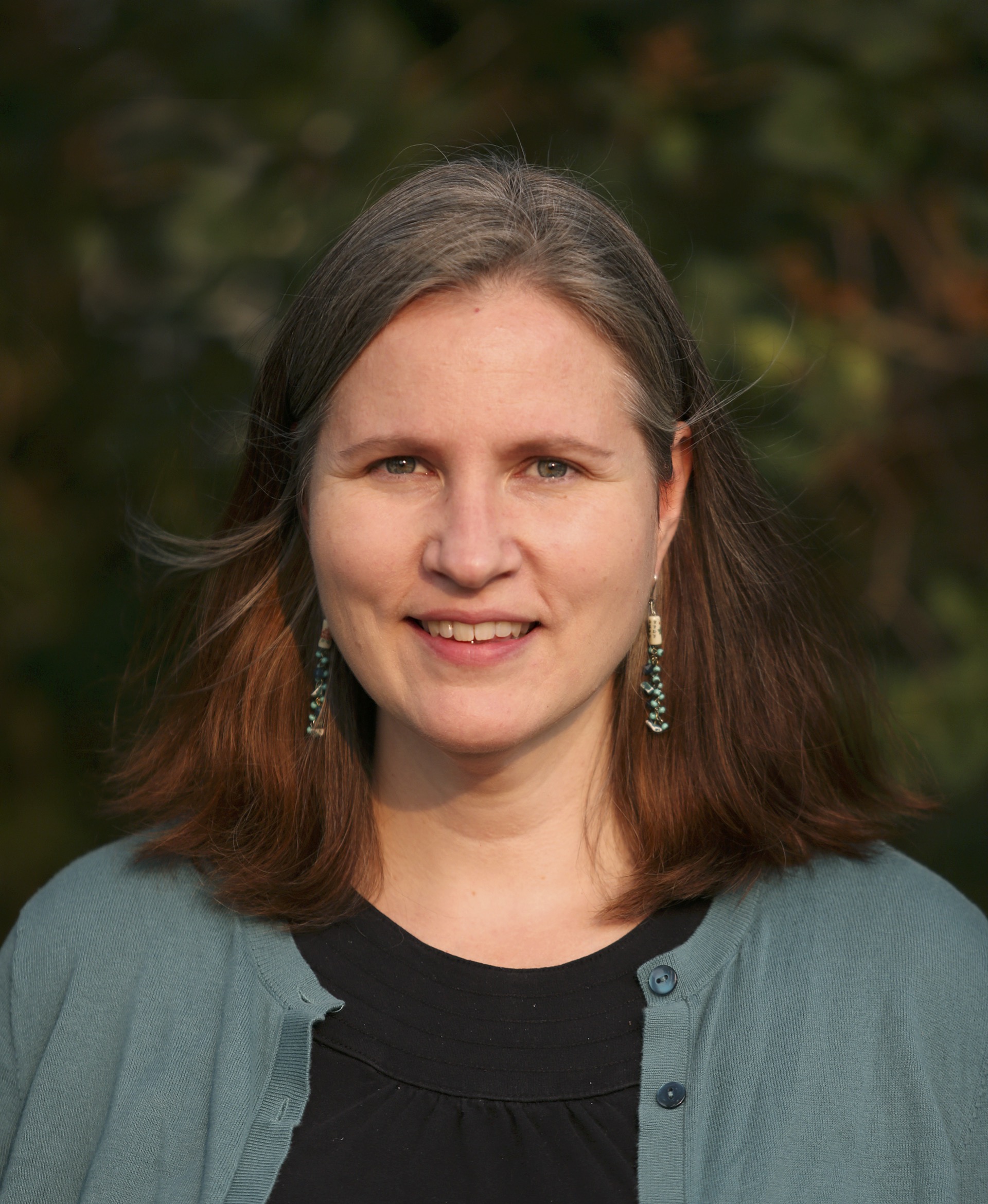
Dr. Amanda Van Lanen
- 208-792-2684
- [email protected]
- SPH 237
Academic coaching is a holistic, hands-on model which expands the role of academic advisor from helping students select majors, minors, and semester class schedules to helping students utilize appropriate resources to benefit all facets of their college experience. Upon their initial semester at LCSC, students (freshmen) advised through The Advising Center will be provided with an Advisor, a Faculty Mentor, and a Peer Mentor. Freshmen complete a semester long, for-credit orientation course prior to transitioning to advising by academic instructional divisions. Minimal components completed include the following: career plan, academic plan, resume-building engagement activity, and a final culminating assignment demonstrating readiness for pursuit of their major.
What is the difference between an academic advisor, faculty mentor, and peer mentor?
Academic Advisors serve as the primary academic advisors to LCSC freshmen. The Academic Advisor will:
Faculty mentors will play an integral role in students’ initial college experience by providing content knowledge and expertise as well as career advice. The Faculty Mentor will:
Peer mentors will assist their mentees in navigating the first semester of college by engaging with mentees at the direction of the Academic Advisor to whom they are assigned. The Peer Mentor will:
It is important to distinguish faculty mentors from advisors during a student’s first semester because many processes call for an advisor to take specific actions (e.g., signing a Program Information Form or a petition). Faculty mentors will actively communicate with the student’s advisor and direct students to the advisor, peer mentor, or other student services where necessary. After the students’ first semester, the faculty mentor may take on advising duties in addition to the mentoring role, but students may also move to different faculty mentors/advisors depending on individual circumstances such as a change of major.
The goal of the new model is to increase retention rates and to help LCSC freshmen develop a greater sense of engagement and belonging. Rather than providing only an academic advisor, freshmen will now be provided with a team that includes an academic advisor, a faculty mentor, and a peer mentor who can serve as a support system to help students address those challenges. Navigating college can be difficult for all freshmen, as students face a number of challenges, both academic and personal, that can interfere with college success. Additionally, LCSC serves a high population of first-generation students who may lack traditional support networks. Students who stay in college are more likely to complete college, and early intervention can make a difference.
While this model is new for LCSC, it has been implemented as many institutions throughout the country. The basic components of LCSC’s Academic Coaching model are based on best practices derived in Student Support Services – a federally funded TRIO program which serves 100% first-generation college students. LCSC serves approximately 75% first generation students. The retention and completion rates of SSS students are compared to those of the entire college population are below:
Note: The graduation rate displayed for LCSC includes only bachelor’s degree seekers.
Which students are enrolled in the academic coaching model?
How will I know which students have been assigned to me?
Will I have access to my mentees’ academic records?
Faculty Mentor Checklist by Amy Minervini. If you are looking for an easy to follow process, try this one. You can download and edit it to suit your needs.
Boomerang (many thanks to Rachelle Genthos for this tool): a tool for Gmail users that allows you to schedule messages to be delivered at any time, schedule messages to automatically return to the top of your inbox, and create reminders to follow up on messages.
Mentoring is an integral part of the Lewis-Clark State College’s efforts to support student success, retention, and graduation, and it is not limited to the formal roles outlined in the new advising model. Informal and formal mentoring which happen throughout academic activities and student support services is highly valued. The goal of the new model is to supplement those forms of mentoring, and to work to specifically strengthen the support network for incoming freshmen.


